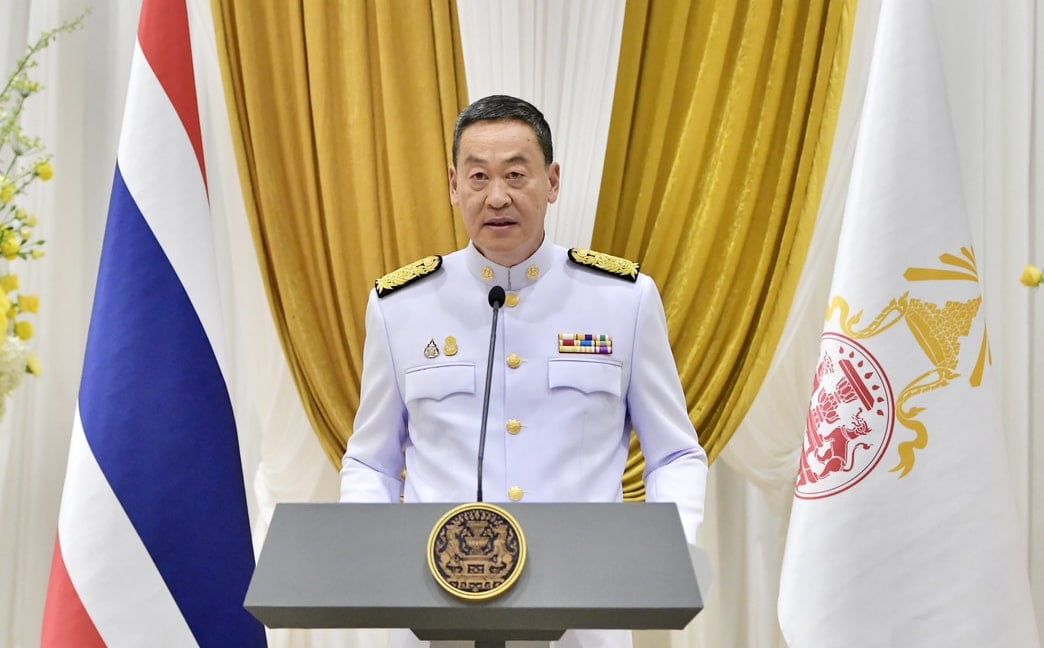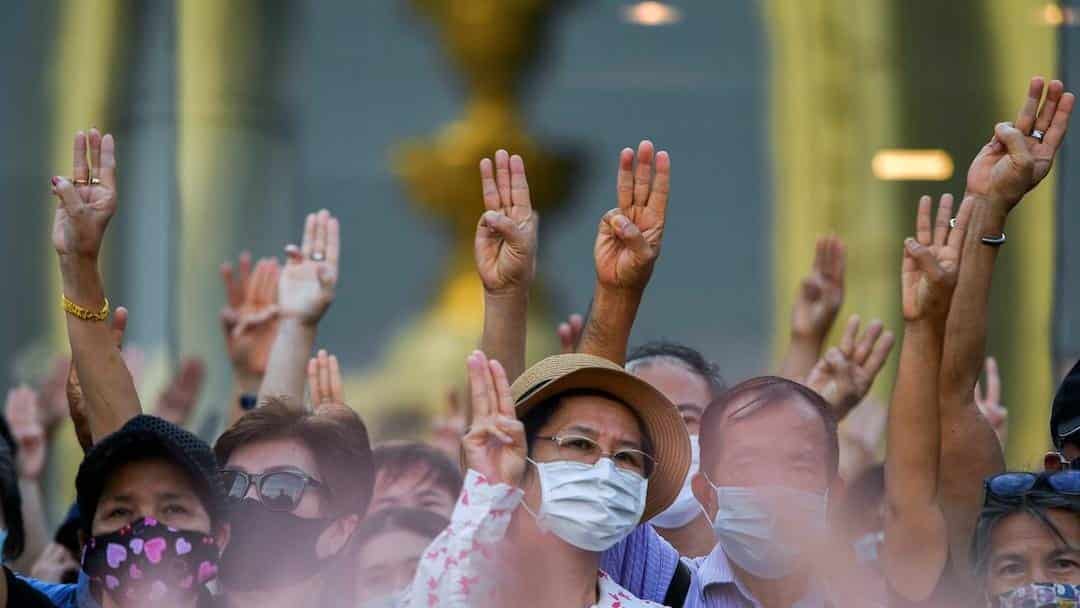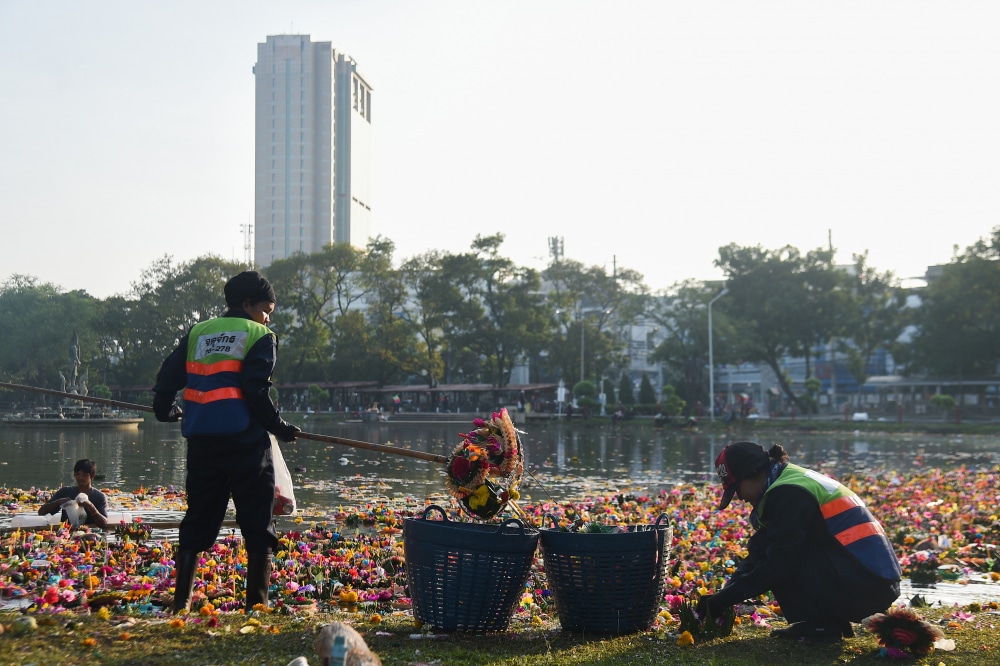Srettha Thavisin from the Pheu Thai Party has officially assumed the role of prime minister, with royal endorsement granted on Wednesday, August 23, 2023. With humility and respect, he paid homage to the portrait of King Maha Vajiralongkorn at the party’s headquarters in Bangkok before addressing the nation.
In his ensuing speech, he outlined his government’s vision for the upcoming four years, characterized by a concerted effort to drive change, alleviate societal inequalities, address the people’s hardships, and reinstate Thailand’s standing on the global stage. Expressing his aspiration for unity, Srettha implored all Thai citizens to join hands with the government, collectively propelling the nation toward progress and prosperity.
Anticipating the policies set to be implemented by the Pheu Thai Party, there are several significant initiatives on the horizon. These encompass strategies to invigorate the economy in the initial half of the year, the distribution of a digital currency amounting to 10,000 baht, a subsidized train fare of 20 baht across all routes, an increase of 600 baht in the minimum wage, the establishment of a 25,000-baht starting salary for freshly graduated college students, and the unveiling of a 3 trillion-baht scheme to rejuvenate the tourism sector.
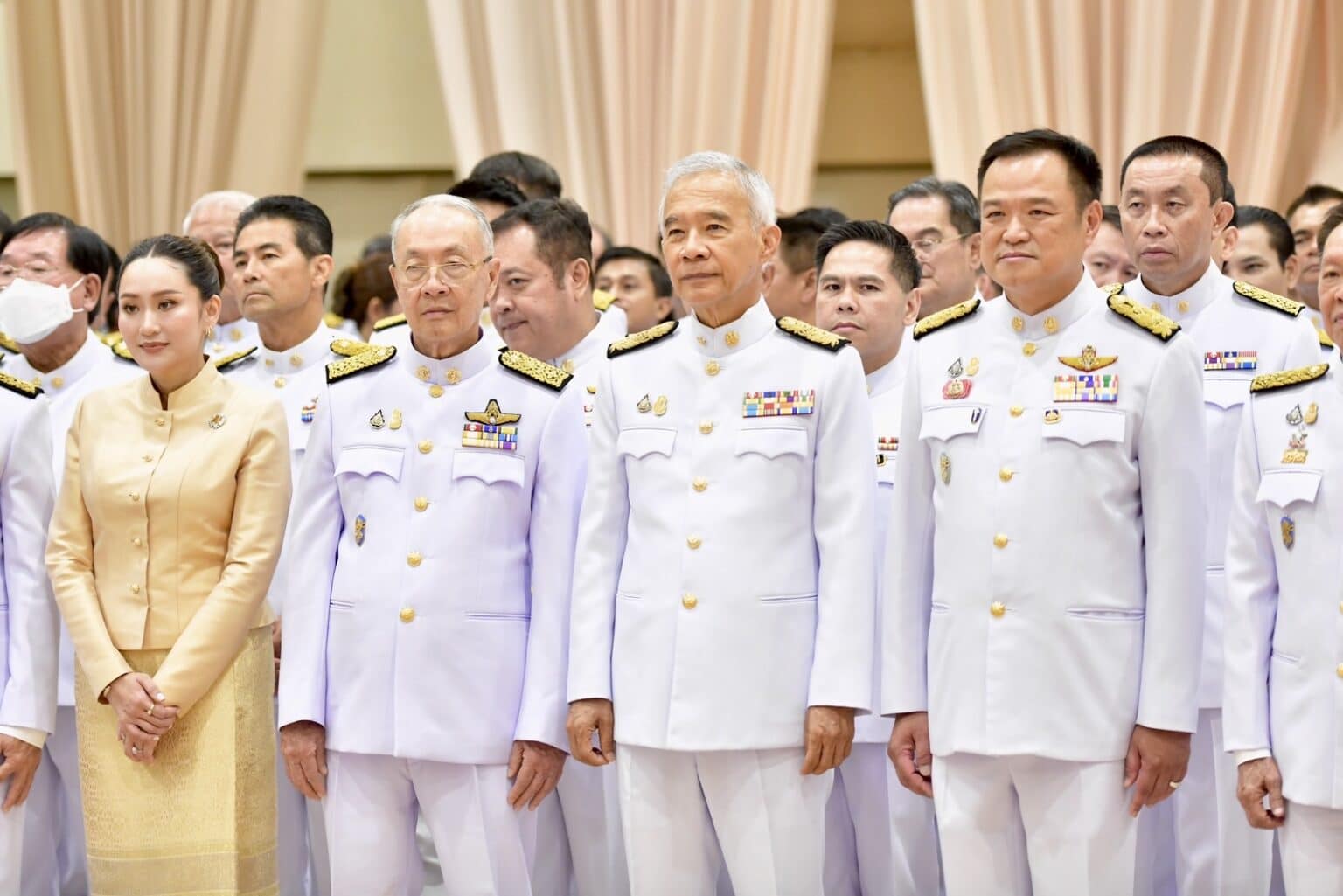
Furthermore, the coalition partners Palang Pracharat and United Thai Nation, collectively holding 76 seats in the government, remain steadfast in their commitment to enhancing the monthly allowance for senior citizens, aiming for a minimum of 1,000 baht.
Nevertheless, before Srettha and his administration can embark on their endeavors in mid-September, a series of procedural obligations must be fulfilled. Acting Deputy Prime Minister caretaker Wisanu Krua-ngam, a seasoned participant in governmental affairs spanning seven consecutive terms, offered insights into the government’s timeline, which encompasses approximately three weeks.
Despite Srettha’s formal appointment as the new prime minister, the caretaker government continues to operate and conduct cabinet meetings. This anomaly stems from the fact that the newly formed cabinet has yet to pledge its allegiance or present its policies to the Parliament.
The roadmap for the incoming government’s actions is outlined as follows:
- Formation of the Cabinet, which is estimated to conclude within one week.
- Submission of the Cabinet list to the Prime Minister’s Office of the Secretary General for a qualifications review, anticipated to take an additional week, resulting in a cumulative span of two weeks.
- The final step entails the royal endorsement of the cabinet composition, involving the presentation of cabinet members to the king. This stage is predicted to occupy approximately one week.
Hence, considering the present moment and the prospective cabinet formation, approximately three weeks remain. However, even after the cabinet is constituted, its operational capabilities cannot commence until it introduces its policy agenda to the Parliament within a 15-day window.
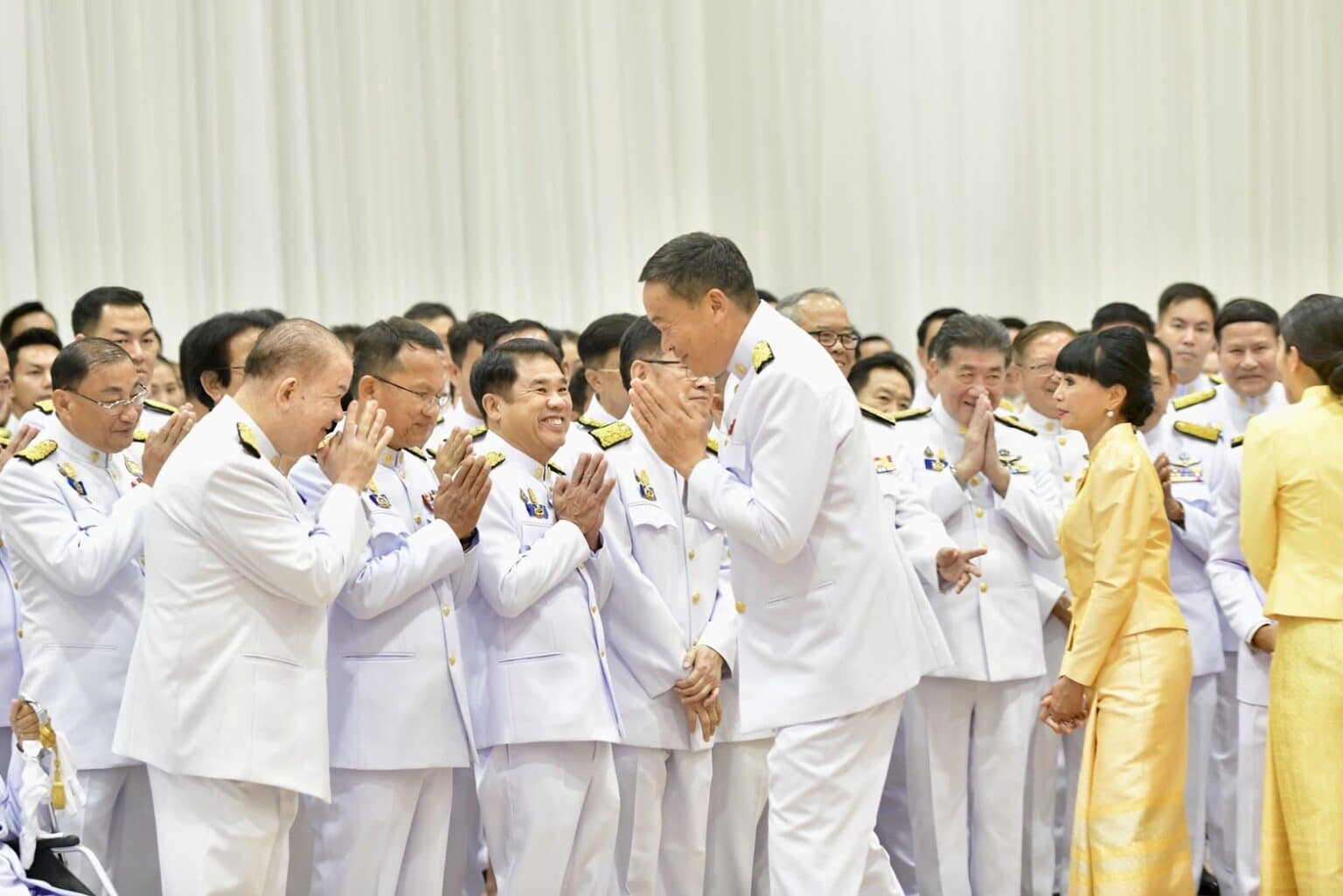
In light of this, it’s projected that the new government might effectively initiate its activities by the conclusion of September. This sequencing is crucial as the government is hindered from executing significant actions or decisions until the policy statement has been formally delivered.
As Wisanu aptly pointed out, “While the Cabinet might delay addressing specific matters, other government agencies might necessitate immediate decisions, such as appointments to pivotal positions, including in the police or military. In such circumstances, the cabinet cannot afford to await the new government’s inauguration.”






